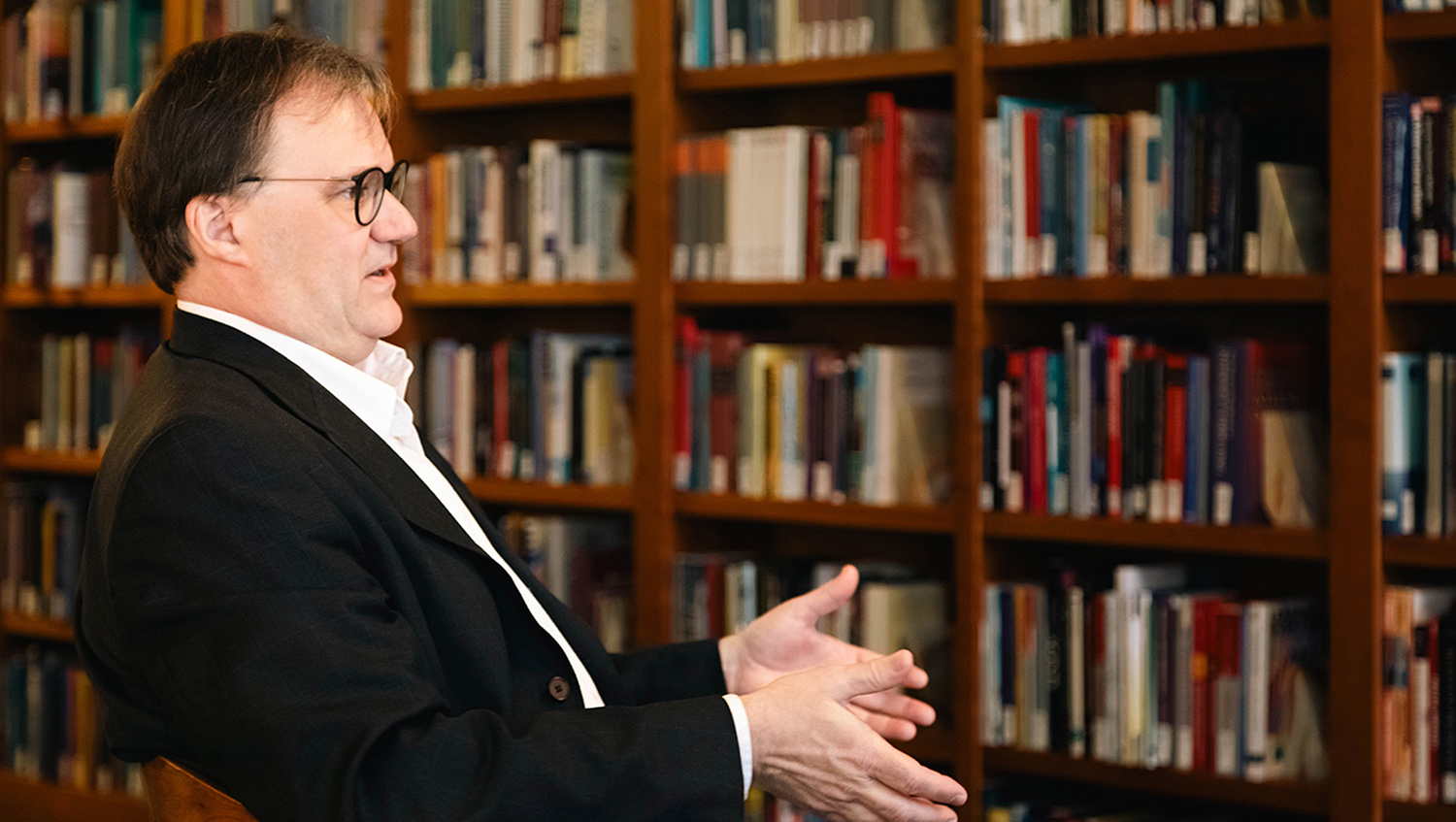For Immediate Release
A new study from North Carolina State University reports that the rapidly growing field of collegiate esports is effectively becoming a two-tiered system, with club-level programs that are often supportive of gender diversity being clearly distinct from well-funded varsity programs that are dominated by men.
“Five years ago, we thought collegiate esports might be an opportunity to create a welcoming, diverse competitive arena, which was a big deal given how male-dominated the professional esports scene was,” says Nick Taylor, co-author of the study and an associate professor of communication at NC State. “Rapid growth of collegiate esports over the past five years has led to it becoming more professional, with many universities having paid esports positions, recruiting players, and so on. We wanted to see how that professionalization has affected collegiate esports and what that means for gender diversity. The findings did not give us reason to be optimistic.”
For this qualitative study, the researchers conducted in-depth interviews with 21 collegiate esports leaders from the U.S. and Canada. Eight of the study participants were involved in varsity-level esports, such as coaches or administrators, while the remaining 13 participants were presidents of collegiate esports clubs. Six of the participants identified as women; 15 identified as men.
“Essentially, we found that women are effectively pushed out of esports at many colleges when they start investing financial resources in esports programs,” says Bryce Stout, co-author of the study and a Ph.D. student at NC State. “We thought collegiate esports might help to address the disenfranchisement of women in esports and in gaming more generally; instead, it seems to simply be an extension of that disenfranchisement.”
“Higher education has been spending increasing amounts of time, money and effort on professionalizing esports programs,” Taylor says. “With some key exceptions, these institutions are clearly not putting as much effort into encouraging diversity in these programs. That effectively cuts out women and minorities.
“Some leaders stress that they will welcome any player onto their team, as long as the player has a certain skill level,” Taylor says. “But this ignores the systemic problems that effectively drive most women out of gaming – such as harassment. There needs to be a focus on cultivating skill and developing players, rather than focusing exclusively on recruitment.”
The paper, “Gender and the Two-Tiered System of Collegiate Esports,” is published in the journal Critical Studies in Media Communication.
-shipman-
Note to Editors: The study abstract follows.
“Gender and the Two-Tiered System of Collegiate Esports”
Authors: Nicholas Taylor and Bryce Stout, North Carolina State University
Published: Sept. 7, Critical Studies in Media Communication
DOI: 10.1080/15295036.2020.1813901
Abstract: Collegiate esports in the US and Canada have grown tremendously over the past decade, through intensive investments by both universities and esports publishers. Although post-secondary institutions are believed to offer more hospitable conditions for gender-inclusive esports than professional scenes, the institutionalization of collegiate esports might be transforming these conditions. Drawing from 21 interviews with leaders of both esports clubs and varsity programs in North America, this article describes a two-tiered system of collegiate esports in which opportunities for cultivating greater gender diversity are found primarily amongst esports clubs, student-run and often precarious. Well-funded varsity programs, by contrast, remain overwhelmingly male-dominated, a disparity held in place by efforts within these programs to recruit—rather than develop—highly-skilled players.
This post was originally published in NC State News.
- Categories:



